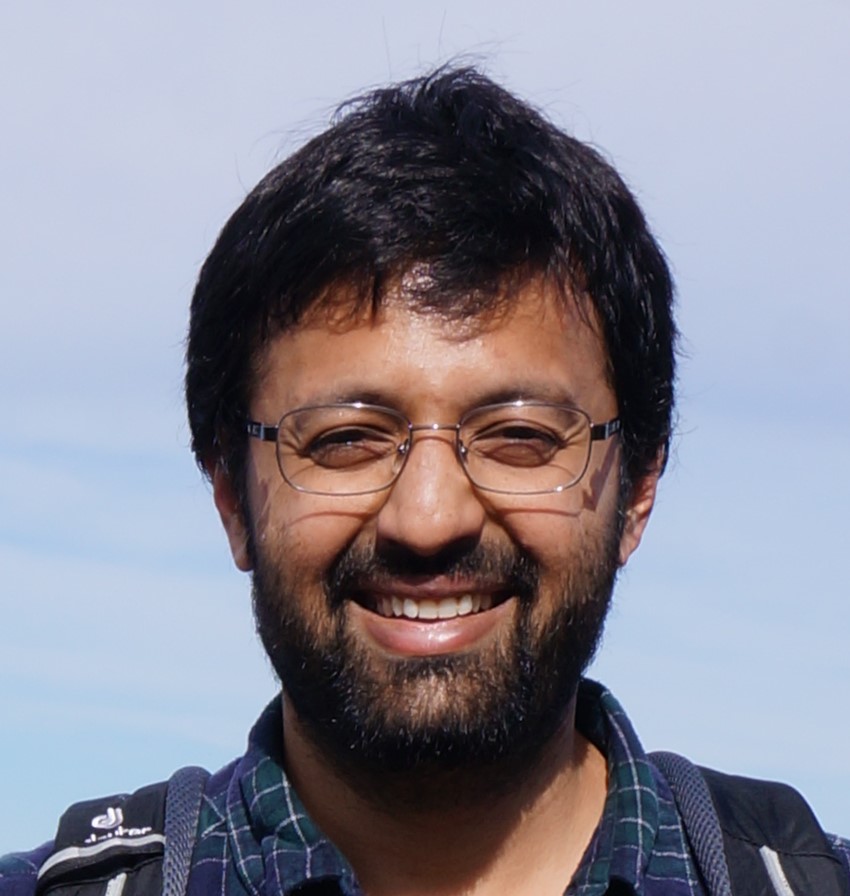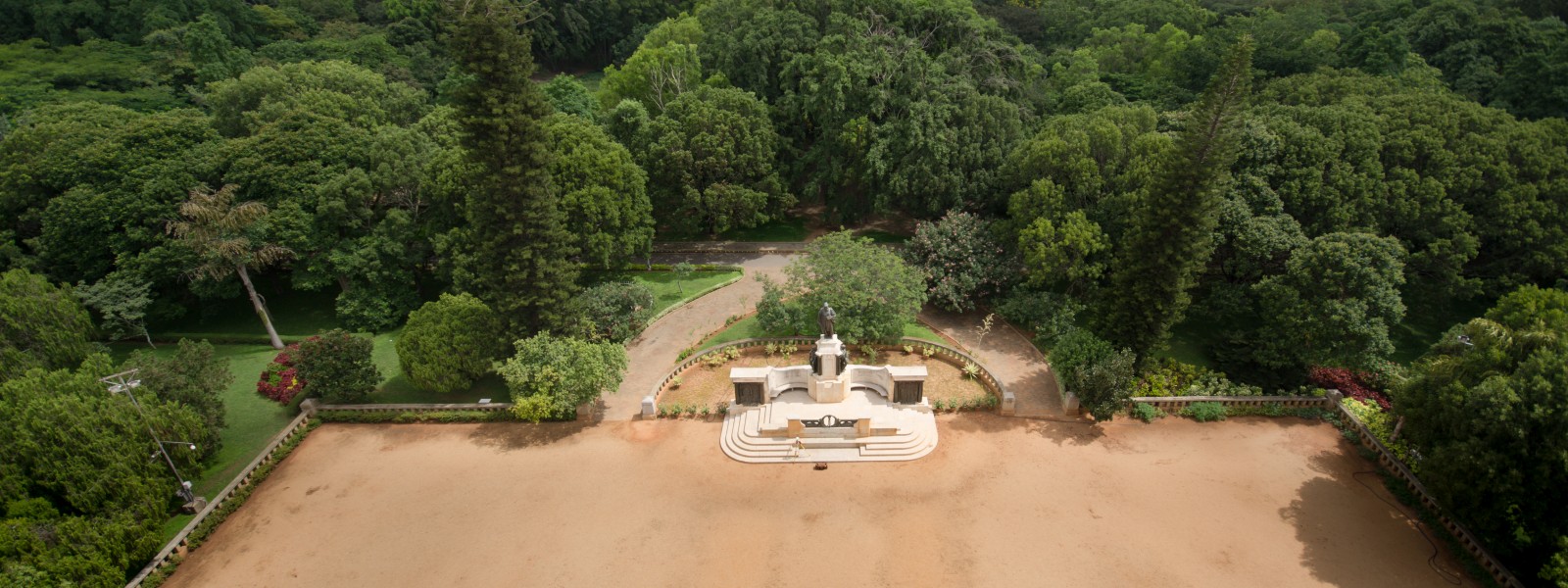Faculty

Ashesh Dhawale
Assistant ProfessorPhone: +91 80 2293 3753
E-Mail: ashesh[at]iisc.ac.in
Google Scholar
Research Areas
Motor learning, Neural basis of complex behaviours
Research Details
Aceing a tennis serve, planning a chess move, or even choosing a restaurant in Bangalore for dinner can seem like daunting tasks for a novice. Yet we take it for granted that, given enough practice and time, we can all become expert practitioners of such skills. The brain’s ability to solve complex learning challenges is an incredible feat whose speed and efficiency is unmatched by machine intelligence. However, little is known about this ability and the neural circuits that underlie it. This is because most laboratory studies typically focus on simple tasks that do not model the challenges posed by real-world learning, and also lack experimental tools to monitor neural activity and behaviour over the weeks and months it takes to master a new skill.
Approach
We employ an interdisciplinary, big-data driven approach to investigate the neural basis of skill learning in rodents. Using a fully-automated behavioural training system we acquire large datasets as animals learn to solve complex motor and foraging tasks. We infer trial-by-trial learning strategies by performing detailed analysis of these massive datasets in concert with computational modelling. Using targeted perturbations of neural circuits in combination with a new experimental platform to automatically record the spiking activity of large ensembles of neurons continuously (24/7) over weeks and months in behaving animals, we investigate how the learning algorithms we have identified through behavioural analysis are implemented in the brain

